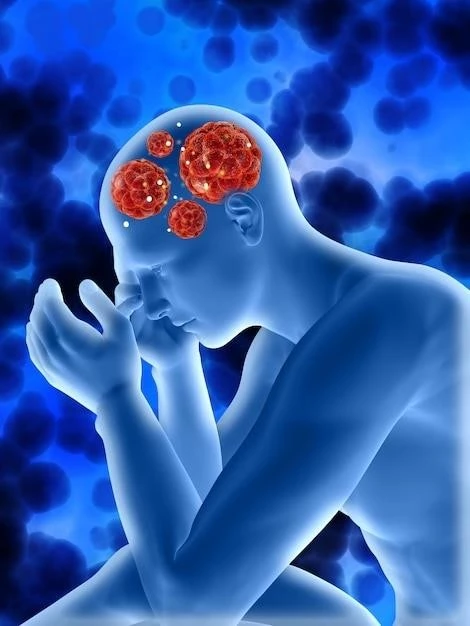Symptoms of Corticobasal Degeneration
Common symptoms of corticobasal degeneration include limb stiffness, tremors, poor coordination, cognitive decline, difficulty swallowing, speech problems, muscle jerks, and involuntary movements. These symptoms often start on one side of the body and gradually worsen.
Causes of Corticobasal Degeneration
The exact cause of corticobasal degeneration is unknown, but it is believed to be related to the buildup of abnormal tau proteins in the brain, which leads to cell damage and loss. Genetics may play a role in some cases, but most are sporadic. Risk factors for this condition include age and a history of head injury. Researchers continue to study the underlying mechanisms to better understand the disease.

Treatment Options for Corticobasal Degeneration
There is no cure for corticobasal degeneration, and treatment focuses on managing symptoms to improve quality of life. Medications such as levodopa can help with movement issues, while physical therapy may assist in maintaining mobility. Speech therapy can aid in communication difficulties, and occupational therapy can address activities of daily living challenges. Assistive devices may also be recommended. In some cases, deep brain stimulation or botulinum toxin injections can help manage symptoms.
Corticobasal Degeneration Research Updates
Ongoing research on corticobasal degeneration focuses on better understanding the underlying causes of the disease, developing more effective treatments to manage symptoms, and exploring potential biomarkers for early detection. Studies are investigating the role of genetics, tau proteins, and inflammation in the progression of the condition. Clinical trials are being conducted to test new therapies and interventions. Stay updated on the latest advancements in corticobasal degeneration research for potential breakthroughs in the future;
Early Signs of Corticobasal Degeneration
Early signs of corticobasal degeneration may include difficulty with movement and coordination, muscle stiffness or rigidity, tremors, unsteady gait, language difficulties, cognitive impairments, and sensory abnormalities. These symptoms typically begin gradually and may initially affect one side of the body. Early detection and diagnosis are crucial for effective management of corticobasal degeneration. If you or a loved one experience these early signs, consult a healthcare professional for a comprehensive evaluation.
Coping Strategies for Corticobasal Degeneration
Coping with corticobasal degeneration involves finding ways to manage the challenges presented by the disease. Strategies include maintaining a positive outlook, staying engaged in activities that bring joy, seeking support from family and friends, joining support groups, practicing relaxation techniques, maintaining a healthy lifestyle, adapting the living environment for safety, utilizing assistive devices, and communicating openly with healthcare providers. By implementing coping strategies, individuals with corticobasal degeneration can enhance their quality of life and well-being.
Diagnosis of Corticobasal Degeneration
Diagnosing corticobasal degeneration can be challenging due to its similarity to other neurodegenerative disorders. The process often involves a thorough medical history review, neurological examination, cognitive assessments, brain imaging scans, and sometimes a biopsy. Specialists may use specific criteria set by medical organizations to diagnose the condition accurately. A multidisciplinary approach involving neurologists, neurophysiologists, neuropsychologists, and imaging experts is essential for an accurate diagnosis of corticobasal degeneration.
Lifestyle Changes for Corticobasal Degeneration
For individuals with corticobasal degeneration, adopting certain lifestyle changes can help manage symptoms and improve overall well-being. These changes may include engaging in regular physical exercise tailored to individual abilities, maintaining a healthy and balanced diet, getting adequate rest and quality sleep, participating in mental stimulation activities, practicing relaxation techniques to reduce stress, staying socially connected, and ensuring a safe home environment to prevent falls and accidents. Consult healthcare professionals for personalized advice on lifestyle adjustments that can positively impact living with corticobasal degeneration.
